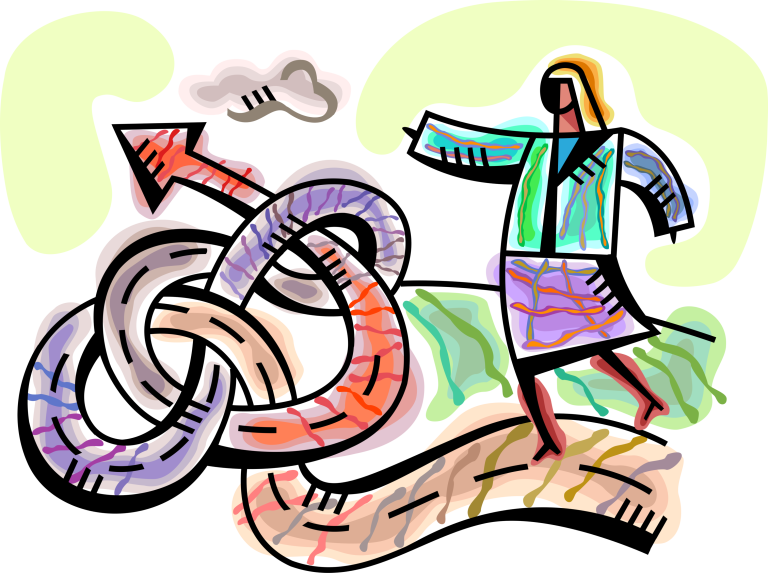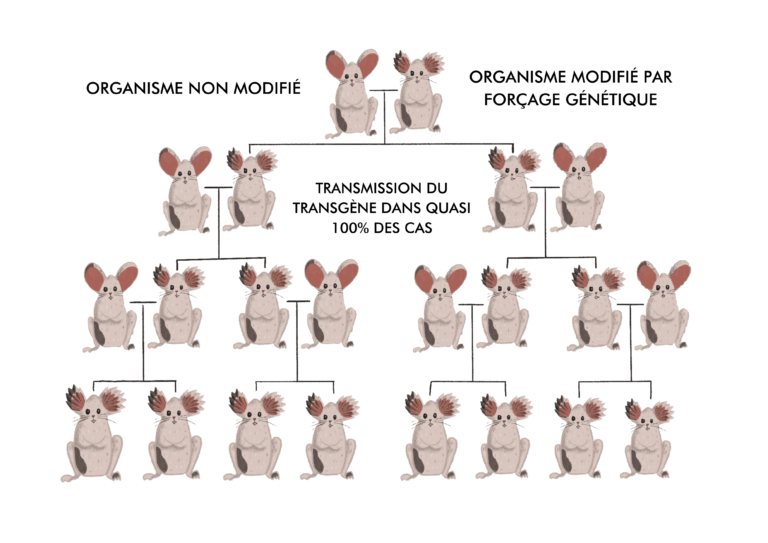Veille juridique Inf’OGM du 20 au 27 mars 2023
UNION EUROPÉENNE
•Parlement européen
Nouvelle question parlementaire : à quelle fréquence les directeurs généraux de la Commission évaluent-ils leurs propres conflits d’intérêts ?
Question E-000769/2023 de Nikolaj Villumsen (The Left) :
« During the press briefing on Monday 6 March 2023, it was made clear that it is standard practice at the Commission for directors-general to do their own assessments of whether there are conflicts of interest in matters in which they themselves are involved [1]. This naturally raises questions about the independence of such assessments and the integrity of the system. It is also unclear how often such assessments are carried out and what the outcome is.
In the light of this :
1. How many times since the start of this Commission’s term of office have Commission directors-general assessed potential conflicts of interest involving themselves ?
2. In how many instances, since the start of this Commission’s term of office, have Commission directors-general decided that there was a potential conflict of interest involving themselves ?
3. How many times, since the start of this Commission’s term of office, have directors-general consulted their political authorities as to whether a particular matter might constitute a conflict of interest ? »
Lien ici.
Nouvelle question parlementaire : absence de soutien actif de l’UE aux races indigènes
Question E-000883/2023 de Clara Aguilera (S&D) :
« In the EU, indigenous breeds stand for authenticity, history, culture and connection to the land. In short, they are valuable livestock and are fundamental for making the best use of ecosystems and preserving biodiversity, as well as keeping traditions like transhumance alive, encouraging people to live in rural areas and creating employment and wealth.
The lack of support and assistance for these types of breeds by the European Commission is striking, especially considering Brussels’ promotion of other factors that support biodiversity, such as organic farming, which even has its own action plan.
1. Does the Commission have data on the number of indigenous breeds in the different EU livestock sectors and their conservation/recovery status ?
2. What measures are currently in place to promote this valuable livestock, considering the highly positive impact that it has on preserving biodiversity ? »
Lien ici.
INTERNATIONAL
•Union internationale pour la protection des obtentions végétales
Le Conseil de l’UPOV nomme un nouveau secrétaire général adjoint
Communiqué de presse du 23 mars 2023 (publié en anglais uniquement) :
« The Council of the International Union for the Protection of New Varieties of Plants (UPOV) appointed Ms. Yolanda Huerta Casado, a national of Spain, to the post of Vice Secretary-General on March 23, 2023. The Council took the decision by consensus. Ms. Huerta will take up the position as the seventh Vice Secretary-General of UPOV on October 23, 2023.
Ms. Huerta holds a Licencia en Derecho (LL.B.) from the University of Barcelona, and holds a LL.M., International Law, from the University of Montreal. Ms. Huerta has experience as an intellectual property lawyer and has worked as a Legal Officer at the World Intellectual Property Organization (WIPO). Since 2001, she has worked at UPOV, where she became Legal Counsel and Director of Training and Assistance in 2017.
Ms. Huerta succeeds Mr. Peter Button, a national of United Kingdom, who will vacate the position on October 22, 2023, after more than 12 years as Vice Secretary-General and more than 23 years of service in UPOV ».
Lien ici.
AILLEURS DANS LE MONDE
•Royaume-Uni
Entrée en vigueur d’une nouvelle loi encadrant les OGM
Une nouvelle loi « Genetic Technology (Precision Breeding) » est entrée en vigueur le 23 mars 2023 au Royaume-Uni.
Les dispositions de cette loi, qui ne s’applique qu’à l’Angleterre, modifient le cadre juridique applicable à certains OGM, végétaux comme animaux, appelés « organismes issus de sélection de précision » (« precision bred organisms » ou « PBOs »). Une nouvelle catégorie juridique dont la définition est large et dont les contours sont, par conséquent, flous. Concrètement, ce sont les OGM issus des nouvelles techniques qui sont visés.
La loi prévoit notamment de soustraire ces OGM des exigences réglementaires applicables en Angleterre à la dissémination dans l’environnement et à la commercialisation des OGM (évaluation des risques, entre autres). Ces OGM échapperont également à l’obligation d’étiquetage.
L’Angleterre rejoint ainsi des pays tels que l’Argentine, les États-Unis et le Japon, qui ont adopté une législation similaire.
Lien ici.
[1] Commission européenne, « Midday press briefing from 06/03/2023 », 6 mars 2023.














